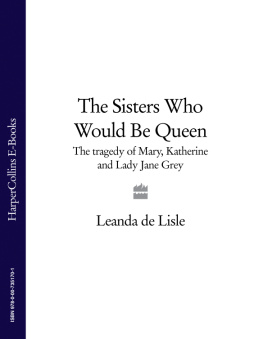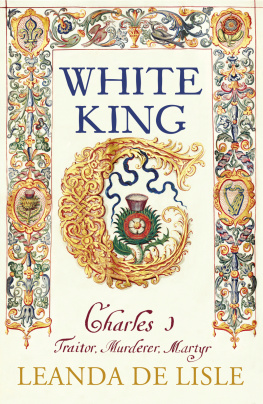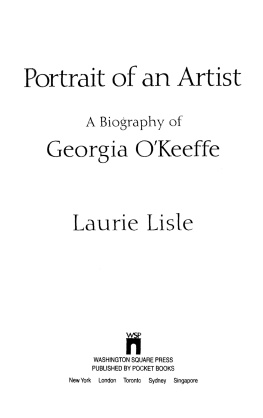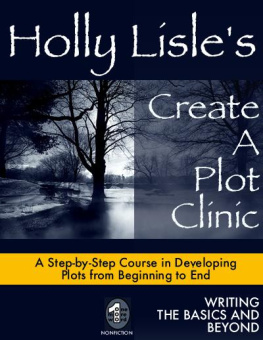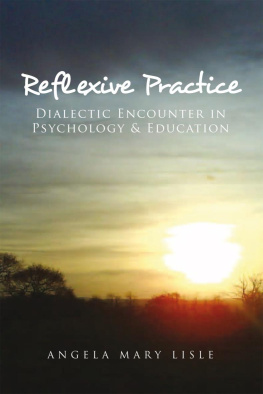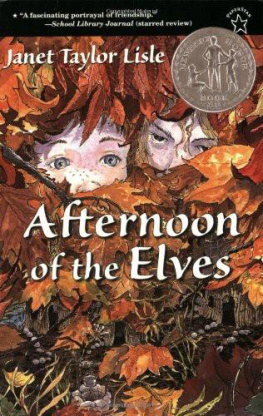Leanda de Lisle - Sisters Who Would be Queen
Here you can read online Leanda de Lisle - Sisters Who Would be Queen full text of the book (entire story) in english for free. Download pdf and epub, get meaning, cover and reviews about this ebook. publisher: UK General Books, genre: Non-fiction. Description of the work, (preface) as well as reviews are available. Best literature library LitArk.com created for fans of good reading and offers a wide selection of genres:
Romance novel
Science fiction
Adventure
Detective
Science
History
Home and family
Prose
Art
Politics
Computer
Non-fiction
Religion
Business
Children
Humor
Choose a favorite category and find really read worthwhile books. Enjoy immersion in the world of imagination, feel the emotions of the characters or learn something new for yourself, make an fascinating discovery.
- Book:Sisters Who Would be Queen
- Author:
- Publisher:UK General Books
- Genre:
- Rating:3 / 5
- Favourites:Add to favourites
- Your mark:
- 60
- 1
- 2
- 3
- 4
- 5
Sisters Who Would be Queen: summary, description and annotation
We offer to read an annotation, description, summary or preface (depends on what the author of the book "Sisters Who Would be Queen" wrote himself). If you haven't found the necessary information about the book — write in the comments, we will try to find it.
Sisters Who Would be Queen — read online for free the complete book (whole text) full work
Below is the text of the book, divided by pages. System saving the place of the last page read, allows you to conveniently read the book "Sisters Who Would be Queen" online for free, without having to search again every time where you left off. Put a bookmark, and you can go to the page where you finished reading at any time.
Font size:
Interval:
Bookmark:

For Peter, Rupert, Christian and Dominic, with love
Such as ruled and were queens were for the most part wicked, ungodly, superstitious, and given to idolatry and to all filthy abominations as we may see in the histories of Queen Jezebel
T HOMAS B ECON 1554


The Descendants of Henry VII

The Grey Family Tree


The Dudley Family Tree Showing the claim of Henry, Earl of Huntingdon, to the English throne
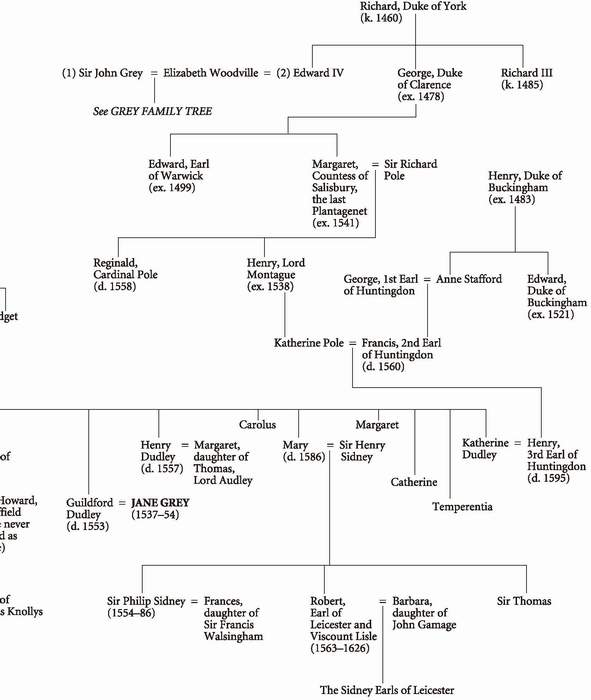
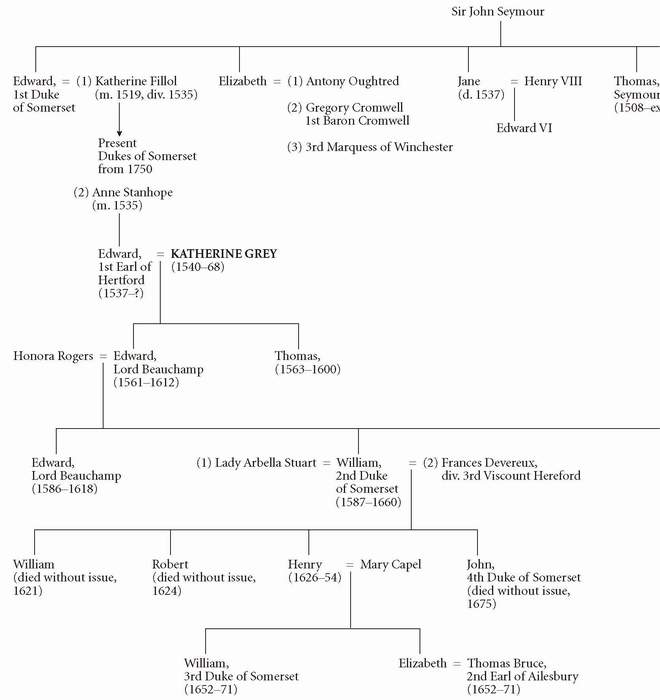
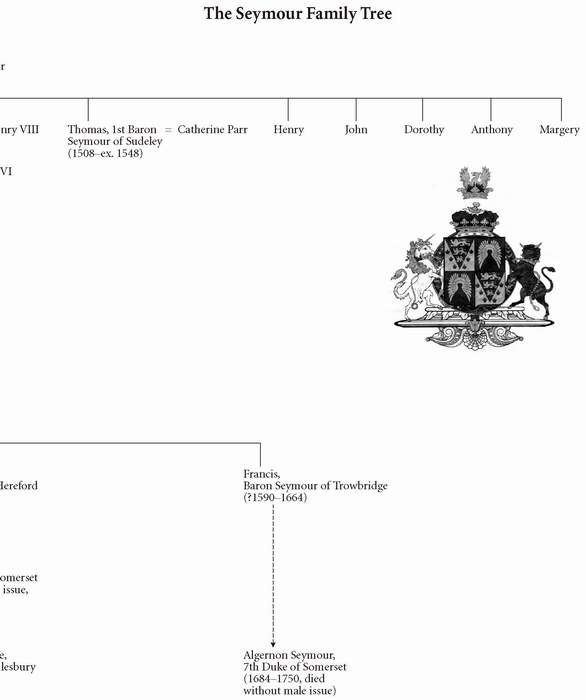
The Seymour Family Tree
God, the Prime Mover, brought peace and order to the darkness of the void as the cosmos was born. Everything, spirit or substance, was given its place according to its worth and nearness to God. Above the rocks, which enjoyed mere existence, were plants, for they enjoyed the privilege of life. Each plant also had its appointed rank. Trees were higher than moss, and oak the noblest of the trees. Superior even to the greatest tree were animals, which have appetite as well as life. Above the animals, mankind, whom God blessed with immortal souls, and they too had their degrees, according to the dues of their birth. This was the great Chain of Being, through which the Tudor universe was ordered, and at its top, under God, stood Henry VIII. It was a place he held convincingly. As he prepared for the joust on a spring day in 1524 he was still the man described by a Venetian ambassador as the handsomest Prince in Christendom. Tall and muscular with a fine complexion, the thirty-two-year-old monarch had ruled England for fifteen years and was in the prime of life. He had just had some new armour made and was looking forward to testing it at the tilt.
Henry was considered the finest jouster of his generation and the watching crowd had high expectations of the sport ahead. Attending the King on foot was his cousin, Thomas Grey, the 2nd Marquess of Dorset: his diamond and ruby badge of a Tudor rose testified to his skills as an athlete. Henrys opponent, his brother-in-law, Charles Brandon, Duke of Suffolk, was, however, still more renowned. His father had been killed in 1485, holding the standard of Henry VII at the battle of Bosworth Field, where the Tudor crown was won. He had been raised at court and had married Henrys younger sister, Mary, the beautiful widow of Louis XII of France. But Suffolk was also the Kings closest friend. The two men even looked alike and at great court tournaments dressed often in identical armour.
As Henry reached his end of the tilt, Suffolk was informed that the King was in place. The duke, however, was having trouble with his new helmet. I see him not, Suffolk shouted out; by my faith for my headpiece blocks my sight. Thomas Grey of Dorset, hearing nothing above the stamping of the horses, then fatefully handed the King his lance. Henrys visor was still fastened open as he readied himself, but Suffolks servant, mistaking the signal warned the duke, Sir, the King is coming. Suffolk, blinded by his helmet, spurred his horse forward. Immediately the King responded, charging with his blunted spear down the sandy list. In the crowd people spotted the Kings bare face and there were desperate shouts of Hold! Hold!; but the duke neither saw nor heard, and whether the King remembered his visor was up or not, few could tell. The thundering of hooves was followed by the clap and crack of impact. Suffolk had struck the King on the brow and his shattered lance filled the Kings head-piece with splinters. As the horses pulled up, the King still in the saddle, some in the crowd looked set to attack the duke, while others blamed Dorset for handing the King his spear too soon. Henry, in response, protested loudly that no one was at fault and, taking a spear, ran a further six courses to prove he was unhurt. But the deepest fears of the spectators still lingered.
The battle of Bosworth had followed a long period of violent disorder, fuelled by rival claimants to the throne. The eventual victor, Henry VII, had ensured the peace England now enjoyed by bequeathing his crown to an adult son, Henry VIII, who was his undisputed heir. But what would have happened if that son, the King, was now killed, or died suddenly? The fear of a return to the violence of the past was visceral. It was believed that disorder had been brought into the universe when Lucifer, the Angel of Light, had rebelled against God, and into the world by sin, when that fallen Angel tempted Eve in the Garden of Eden. Ever since, Lucifer had remained watchful for any opportunity to set loose anarchy, intending eventually to engulf earth and the heavens in chaos of unimaginable horror and evil. In the shadow of Armageddon, the question of what would happen if the King died was of vital interest - and the answer was a troubling one. Henrys only legitimate heir was a little girl, his still carefree eight-year-old daughter Mary. Under English law it was possible for a woman to inherit the crown. Her mother, Catherine of Aragon, assumed that one day she would. But England had not yet had a Queen regnant, who ruled in her own right, and it was uncertain one could survive long.
Women were believed the weaker sex, not only in terms of their physical strength. More significantly, they were also judged to be, like Eve, morally frail - a belief so deeply held that it has underpinned attitudes to women and power into modern times. While reason and intellect were associated with the male, women were considered creatures of the body: emotional, irrational and indecisive. As such they ranked below men in the Chain of Being. Although a servant might owe obedience to his mistress by reason of her place in the social hierarchy, sisters took second place to their brothers in the inheritance of property, and wives were subject to their husbands in marriage. It did not seem fitting to Henry that a woman - by nature inferior to men - should sit at the apex of power, as a monarch did. Nor did he believe it really possible.
Font size:
Interval:
Bookmark:
Similar books «Sisters Who Would be Queen»
Look at similar books to Sisters Who Would be Queen. We have selected literature similar in name and meaning in the hope of providing readers with more options to find new, interesting, not yet read works.
Discussion, reviews of the book Sisters Who Would be Queen and just readers' own opinions. Leave your comments, write what you think about the work, its meaning or the main characters. Specify what exactly you liked and what you didn't like, and why you think so.

